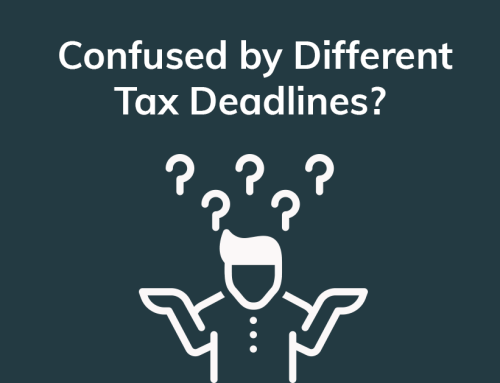
John Lyon, managing director of Lancaster-based contractor accountancy firm, ICS.
THE managing director of contractor accountancy firm, ICS, has urged HMRC not to “sprint” into IR35 ahead of the Autumn Statement and understand that Limited Companies are a legitimate payment vehicle for contractors.
The annual Autumn Statement, due this year on November 25th, is expected to address the contentious issue of IR35, with either a proposal for the reform of the legislation or the introduction of further consultation.
John Lyon, managing director of ICS, said: “I believe the Autumn Statement is far too close to introduce legislation. The discussion document only closed at the end of September and it would be a mistake to sprint towards a solution without a proper understanding.
“The sensible approach would be to propose an extended consultation period, collect data and then wait until April 2017 to introduce legislation. That would give HMRC more time to understand the market, who the legislation will affect and what direction the industry is heading in.”
The IR35 discussion document, which was made public in July, invited stakeholders to share their opinions and offer feedback in a bid to increase the effectiveness of the existing legislation.
John said: “The discussion document presented an ideal opportunity for us as an industry to respond and have our say. We want HMRC to understand that the Limited Company solution is workable for contractors. In many cases, setting up a Limited Company is better for the individual, better for the end client, and in turn, the economy is better off. Of course, Limited Companies can be incorrectly put in place and something should be done to correct this, the supply chain must be compliant.”
John also stated that the reformed legislation could potentially squeeze out the self-employed workforce. “Contractors don’t receive the usual benefits that employees do,” he said. “There is no job security, no pension and no holiday pay, so it isn’t fair if they are taxed in the same way without receiving those safeguards.
“If they are going to be taxed as an employee anyway, they might make the decision to move into permanent employment. There are millions of individuals out there who have chosen contracting as their career because it is what they want to do. They don’t want to be an employee, they don’t want to be bothered by office politics, they don’t want to try and climb up the promotion chain and worry about appraisals and KPIs. They have a specific skillset and they want to go into a company, complete a project, then get another project lined up and move on – that’s what works for them and they have the expertise to do that.
“Being self-employed doesn’t just mean contributing to a flexible workforce, which is what the government wants, but there is also potential entrepreneurship in setting up a Limited Company. If somebody goes down this route, then further down the line they might grow and take a couple of people on – that’s the start of the growth cycle that leads to an SME. So in part, this is also about moving forward and encouraging enterprise and entrepreneurship.”
Despite some pessimism within the industry about the forthcoming Autumn Statement, John is optimistic about the future. He said: “As an industry, we need to work together to develop a compliant solution. People who are genuinely self-employed should not be taxed as an employee. They don’t get the employee benefits, so they shouldn’t be taxed as one.
“The next 18 months are going to be interesting, and will provide opportunities. Of course it is a challenging time, but it has been challenging for years. Whatever happens, we need to roll up our sleeves and get on with it. Changes in legislation are part and parcel of this industry and we can move between the icebergs, we just need to have the attitude to embrace change and adapt.”
















